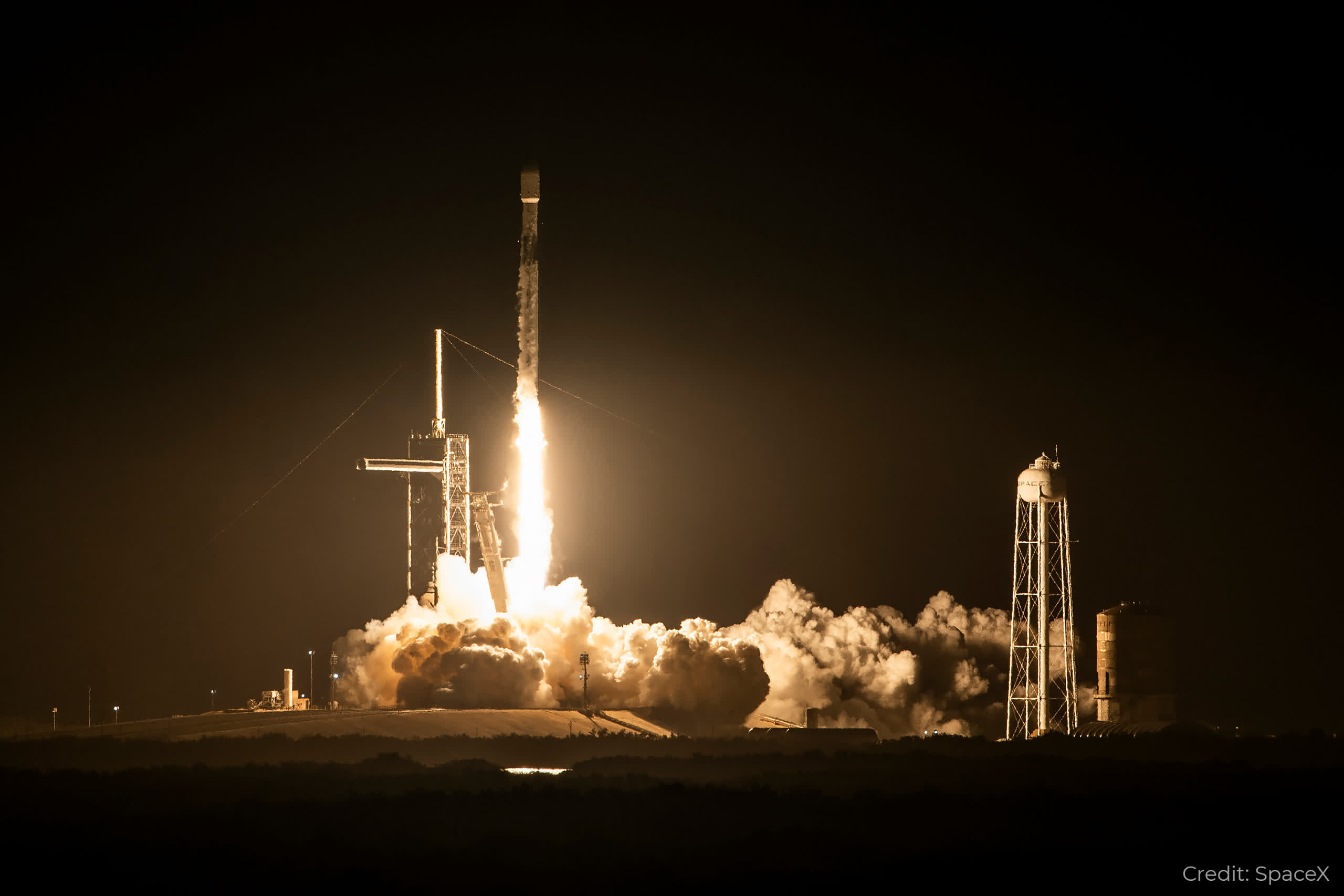What just happened? After becoming the first American craft to land on the lunar surface since Apollo 17 in 1972, and the first ever commercial craft to achieve such a feat, the Odysseus lander has powered down and may never wake again, bringing an end to its historic mission.
At 6:23 p.m. ET on February 22, 2024, the Odysseus lander became the first non-governmental US craft to make a successful soft landing on the moon. Built by Texas-based Intuitive Machines, Odysseus was meant to operate on the lunar surface for around seven to ten days, but after a little over six days, the batteries had drained and the machine was shut down.
While roundly hailed as a success, the record-setting lander did face issues. During its descent, a laser guidance system failed and operators had to switch to an experimental LIDAR system, which was intended for use only in a tech demo. Worse than that, the landing was too abrupt and at least one of its six legs smashed – leading to the craft toppling over.
This compromised position is the main reason why the lander has been shut down early; its solar panels weren't able to generate enough power to keep up with the demands of the on-board instruments, all of which survived the landing intact.
On Thursday, the power finally ran out, and Odysseus – or 'Odie' as it's affectionately known – shut down. Intuitive Machines said that Odysseus' final transmission was a "fitting farewell" as they shared a captivating image sent from the lunar surface, showing the sun and a crescent Earth overhead.
Before its power was depleted, Odysseus completed a fitting farewell transmission. Received today, this image from February 22nd showcases the crescent Earth in the backdrop, a subtle reminder of humanity's presence in the universe.
– Intuitive Machines (@Int_Machines) February 29, 2024
Goodnight, Odie. We hope to hear from you… pic.twitter.com/RwOWsH1TSz
According to Intuitive Machines, there is a slim chance that the craft will wake up in two to three weeks. The moon's south pole, where Odysseus landed, is about to go dark for a 'lunar night' and won't get sunlight for two weeks. During the next lunar day, it's possible that Odysseus will receive enough light to its solar cells to power back up again, but it's unlikely given the craft's orientation.
Regardless of whether or not it revives, Intuitive Machines has put out a statement calling the mission an "unequivocal success." The company's CEO, Steve Altemus, said, "I am emboldened for the future of the U.S. and international lunar economy and Intuitive Machines' future."
The company says that Odysseus "validated the performance" of a proprietary propulsion system, and it landed closer to the lunar south pole than any other craft in history – a significant achievement given NASA's Artemis program is targeting the region for its human missions in the coming years.
After some memorable moments, this particular odyssey is at an end. Writing on X, Intuitive Machines said, "Goodnight, Odie. We hope to hear from you again."
